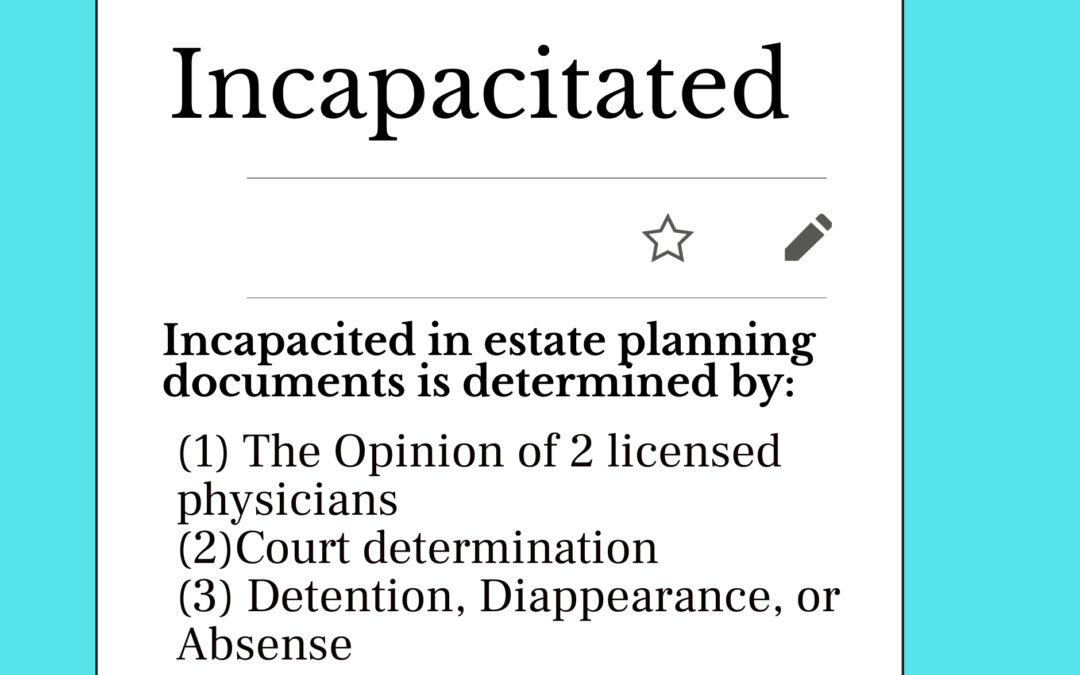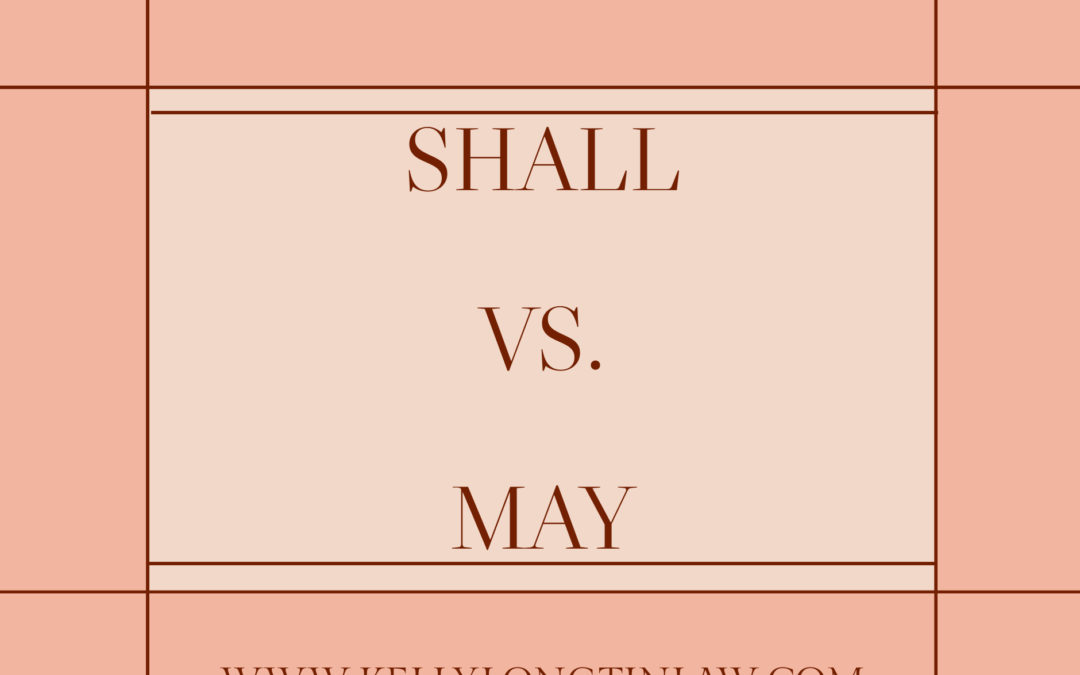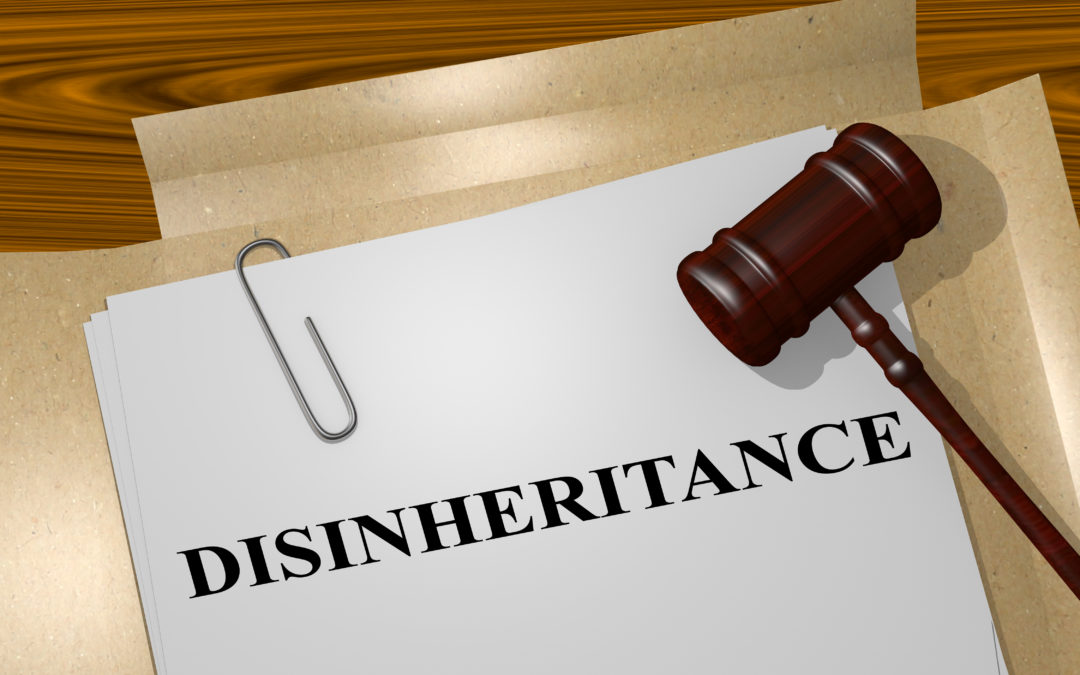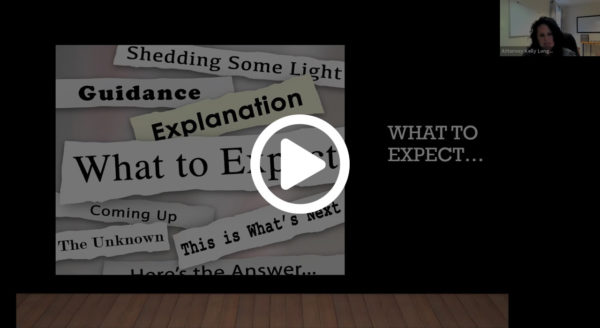
Nov 21, 2023 | Insights
(a)Incapacity A person is considered incapacitated in any of the following circumstances. (1)The Opinion of Two Licensed Physicians An individual is considered to be incapacitated whenever two licensed physicians give the opinion that the individual is unable to...

Nov 14, 2023 | Insights
Unless otherwise specifically provided in this trust or by the context in which used, I use the word shall in this trust to impose a duty, command, direct, or require, and the word may to allow or permit, but not require. In the context of my Trustee, when I use the...

Oct 31, 2023 | Insights
Lifetime Qualified Terminable Interest Property Trust A lifetime qualified terminable interest property (QTIP) trust is an irrevocable trust created by one spouse (who usually has more money and property) for the benefit of the beneficiary spouse. The spouse can...

Oct 24, 2023 | Insights
Older couples tend to commingle their finances. Among baby boomers, having only joint accounts is the norm. Millennial and Gen Z couples, however, are more likely to keep their money separate.[1] When couples do have joint accounts and property, it is not uncommon for...

Oct 17, 2023 | Insights
Unfortunately, rifts sometimes arise between family members that are much more serious than just temporary squabbles. The result may be estrangement, defined as “the state of being alienated or separated in feeling or affection; a state of hostility or unfriendliness”...

Sep 26, 2023 | Insights
A loved one’s passing is challenging on many different levels. In addition to the emotional difficulty of processing someone’s death, there are also the many tasks that must be dealt with, such as going through their various accounts and taking the necessary steps to...








